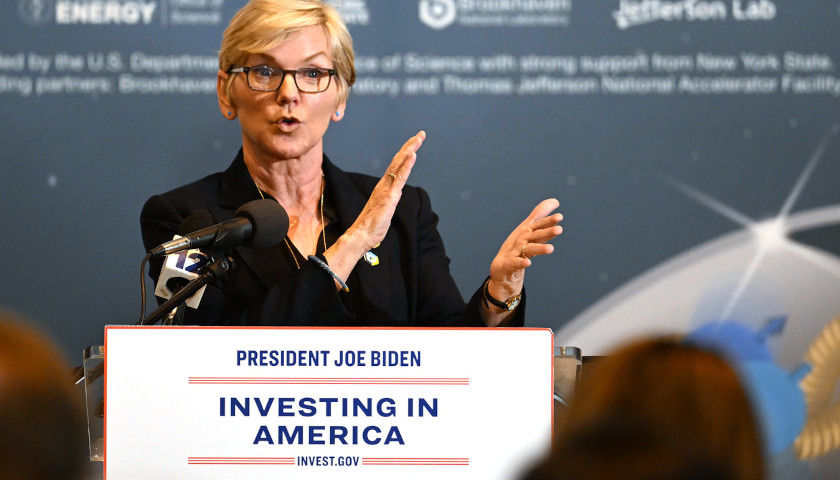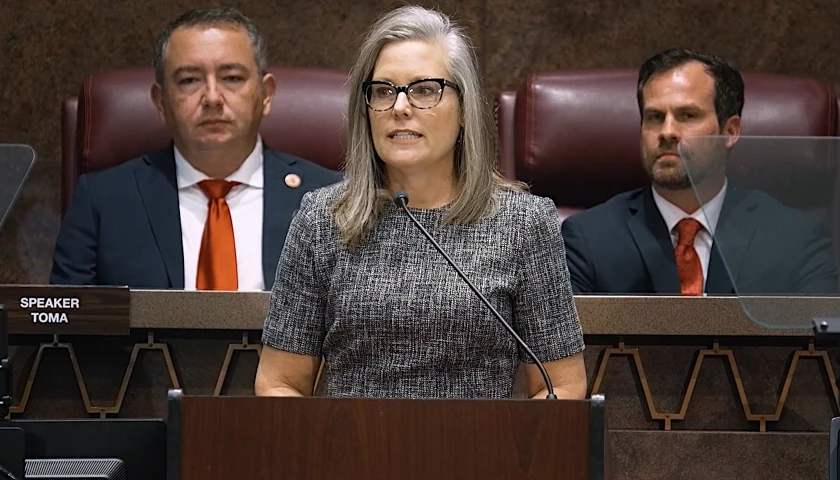On Friday, Connecticut’s House of Representatives passed a bill prohibiting companies’ management from requiring workers to listen to discussions regarding labor organization, politics, or religion.
The AFL-CIO, to which more than 200,000 Connecticut workers belong, lauded the move in favor of the policy — known as a “captive audience” restriction — which no other state except Oregon has enacted. Union leaders have denounced the kind of meetings banned by the legislation, complaining that such events are unfairly used to inveigh against union-organization efforts.
“The labor movement is incredibly grateful to the representatives that voted to protect workers from employer intimidation and harassment during union organizing campaigns,” Ed Hawthorne, Connecticut AFL-CIO president, said in a statement. “No employer should be able to force a worker to attend a meeting to coerce their opinions on religion, politics or union organizing. And no one should be fearful at work for exercising their right to join a union.”
The Connecticut Business and Industry Association lamented the legislation’s advancement, asserting that it will make the state less economically competitive and observing that earlier versions of the bill have been found by former state Attorney General George Jepsen (D) and current Attorney General William Tong (D) to have contradicted federal law.
Gov. Ned Lamont (D) has signaled that he will sign the legislation.
The vote was 144-73, with Democrats largely voting in favor. Eight members of their caucus opposed the measure: Jill Barry (D-Glastonbury), Jamie Foster (D-East Windsor), Daniel Fox (D-Stamford), Christine Goupil (D-Clinton), John Hampton (D-Simsbury), Steve Meskers (D-Greenwich), Jonathan Steinberg (D-Westport) and Kerry Szeps Wood (D-Newington). State Representative Thomas Delnicki (R-South Windsor) was the only Republican to vote for the bill.
Union supporters in the Constitution State don’t seem poised to achieve another major legislative goal: passage of a bill requiring compensation for hourly workers whose shifts get nixed with less than a full week’s notice. Democrats have proposed similar legislation in recent sessions but have never secured passage by both houses of the General Assembly. State law requires adjournment of the current legislative session by midnight on Wednesday, leaving little time for passage of the compensation bill.
– – –
Bradley Vasoli is managing editor of The Connecticut Star. Follow Brad on Twitter at @BVasoli. Email tips to [email protected].
Photo “Employees Having a Meeting” by fahribaabdullah14.








